Post Capitalist Aotearoa Conference
Post Capitalist Aotearoa Conference: enabling the welfare of all.
Featured Speakers
Tap speakers for details
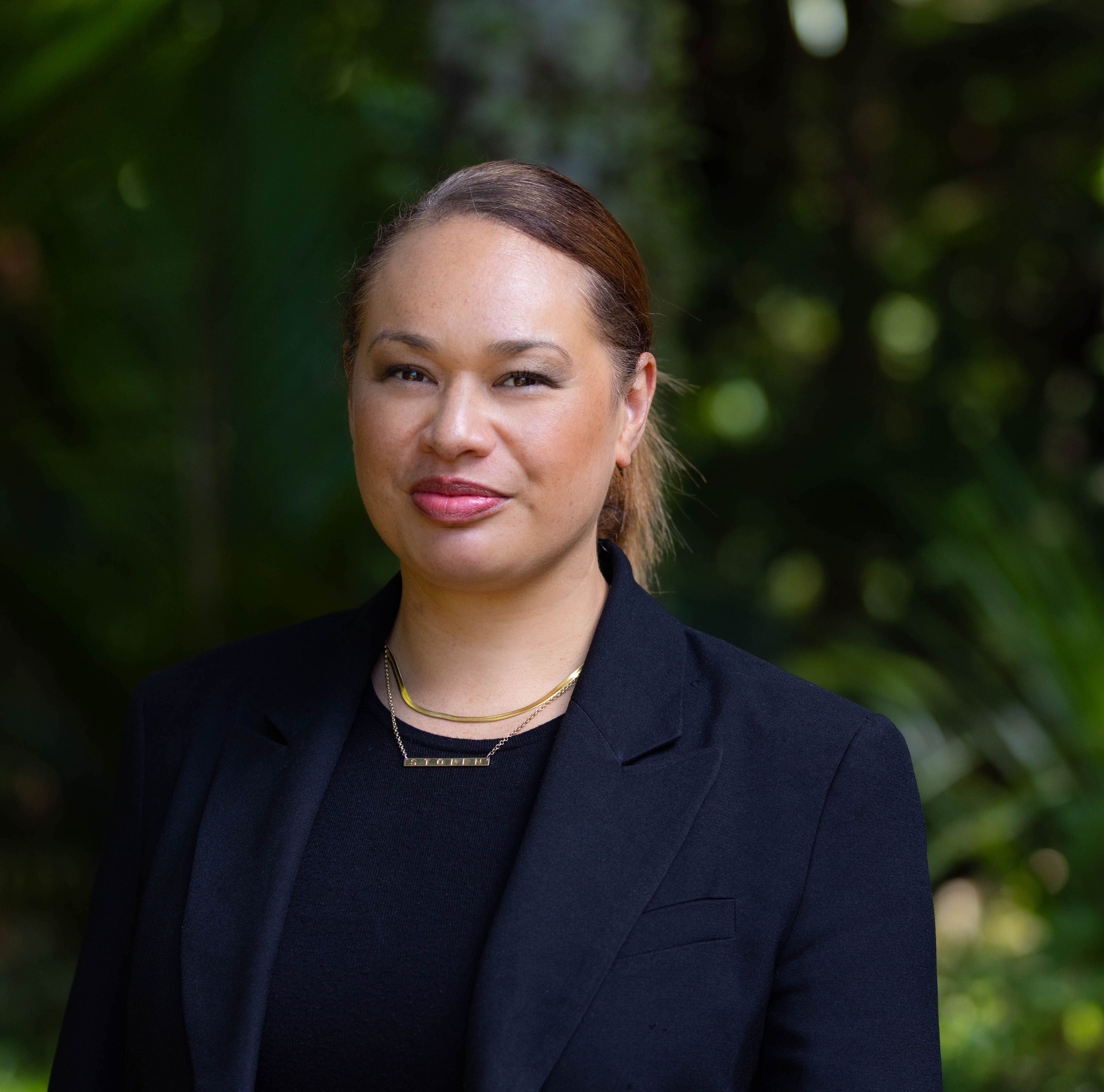
Mayor Tory Whanau
Opening Address
Mayor of Wellington
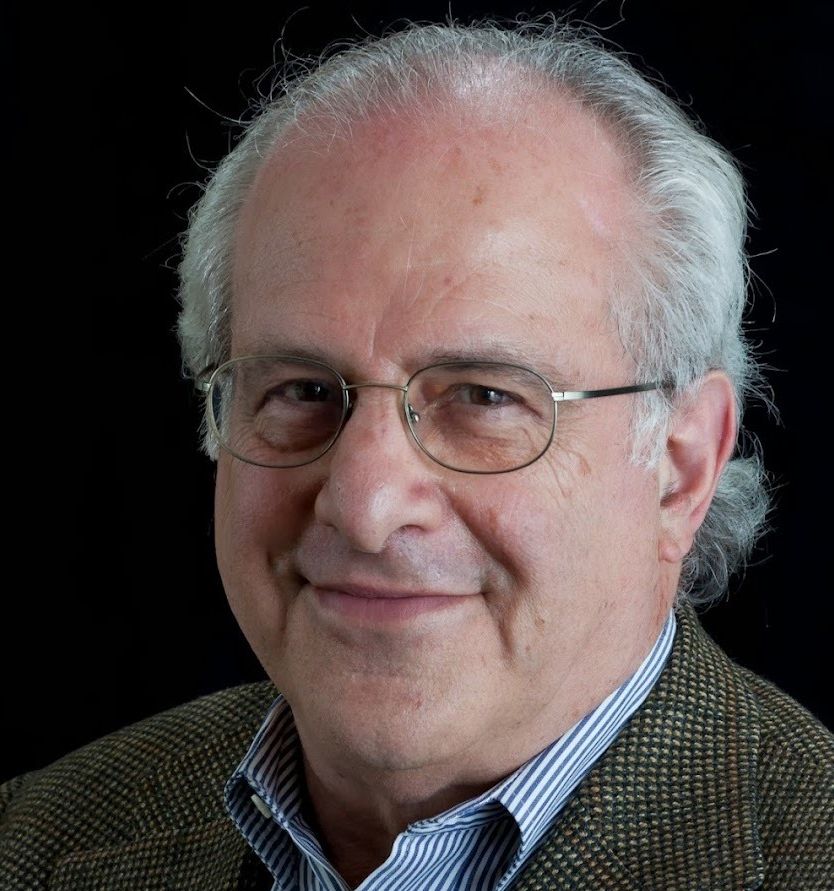
Richard D. Wolff
Professor of Economics Emeritus
University of Massachusetts, USA
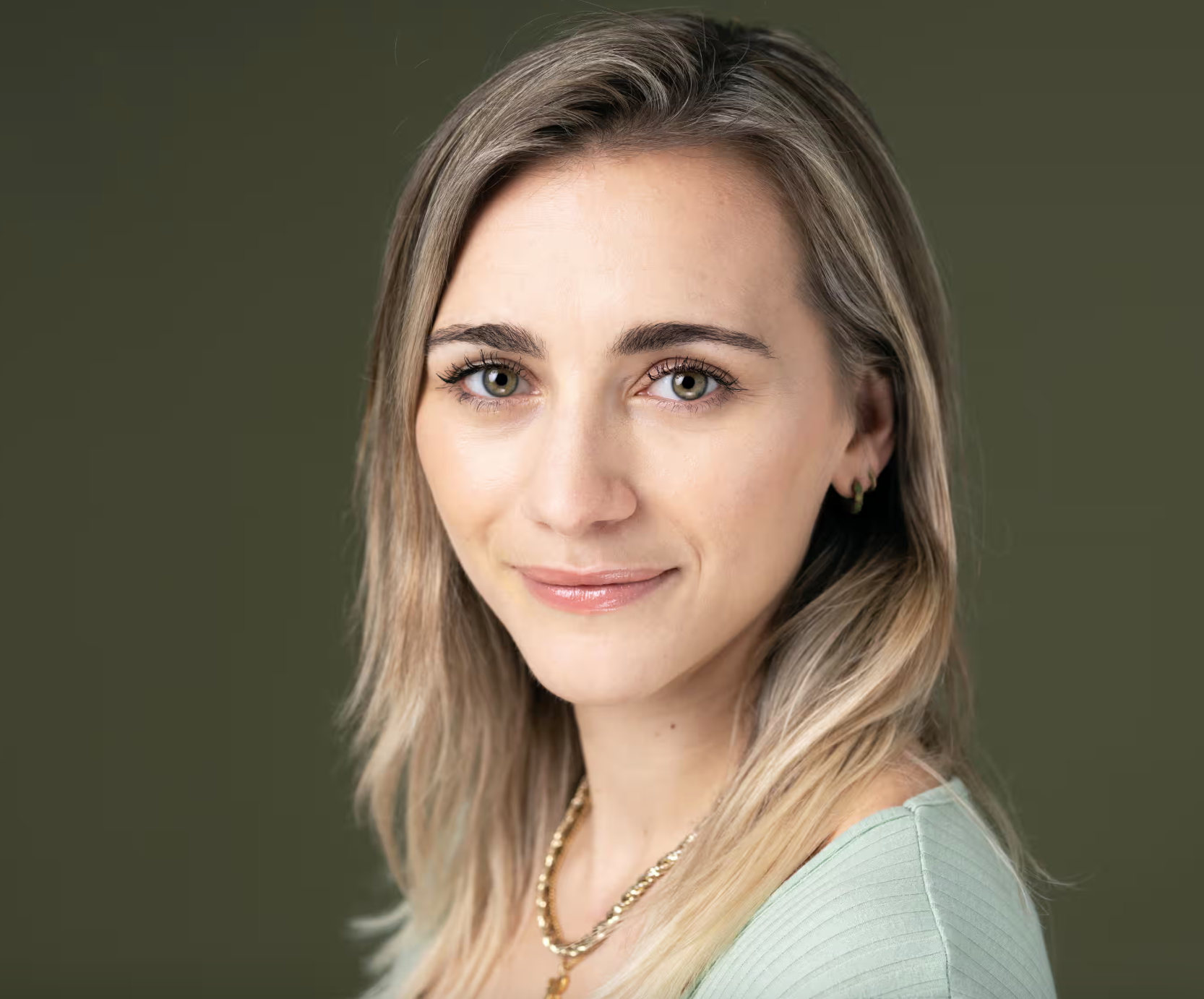
Grace Blakeley
Author and Staff Writer
Tribune Magazine
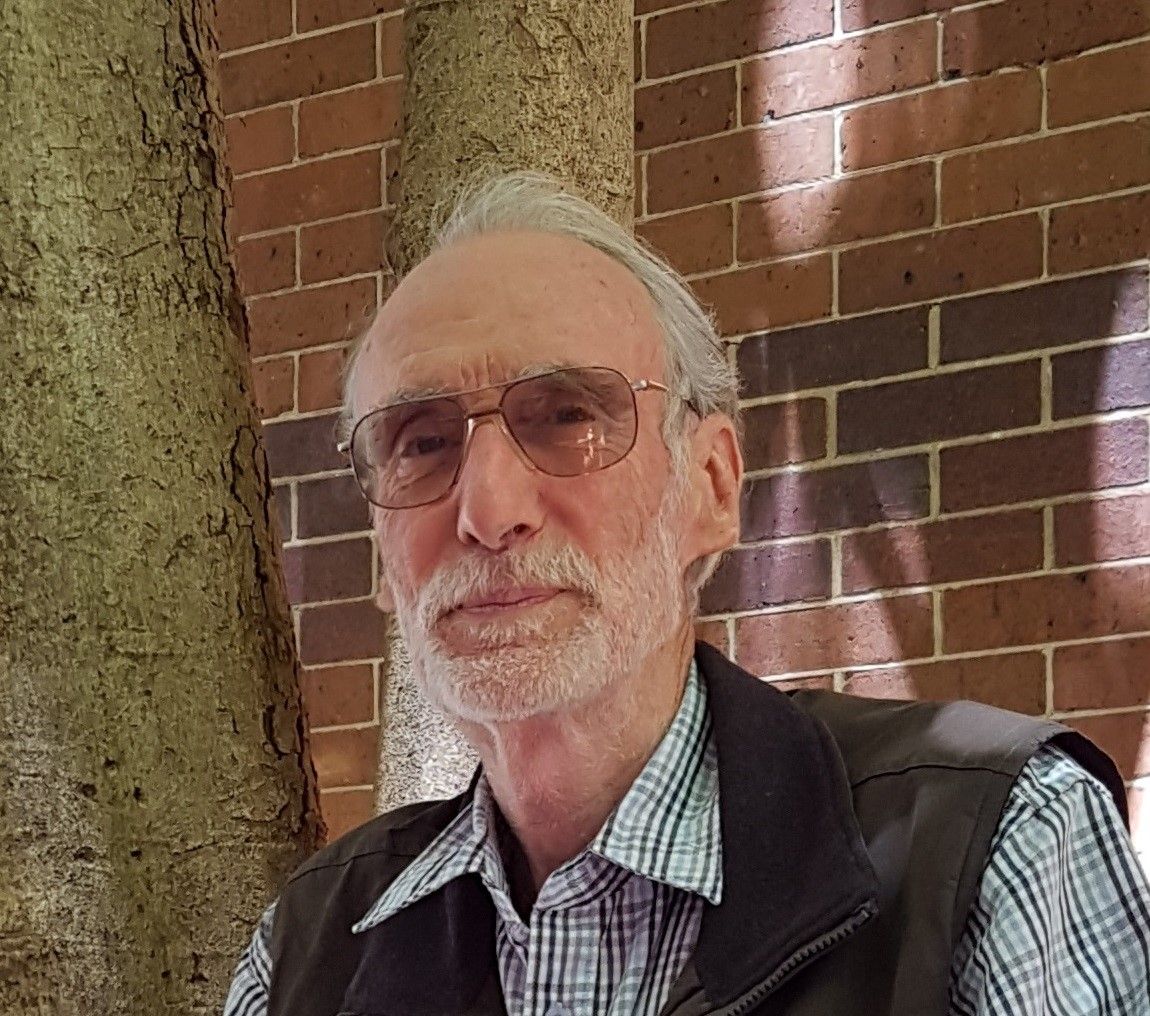
Dr Michael Towsey
Biologist and Author
It's Time for Cooperative Economics
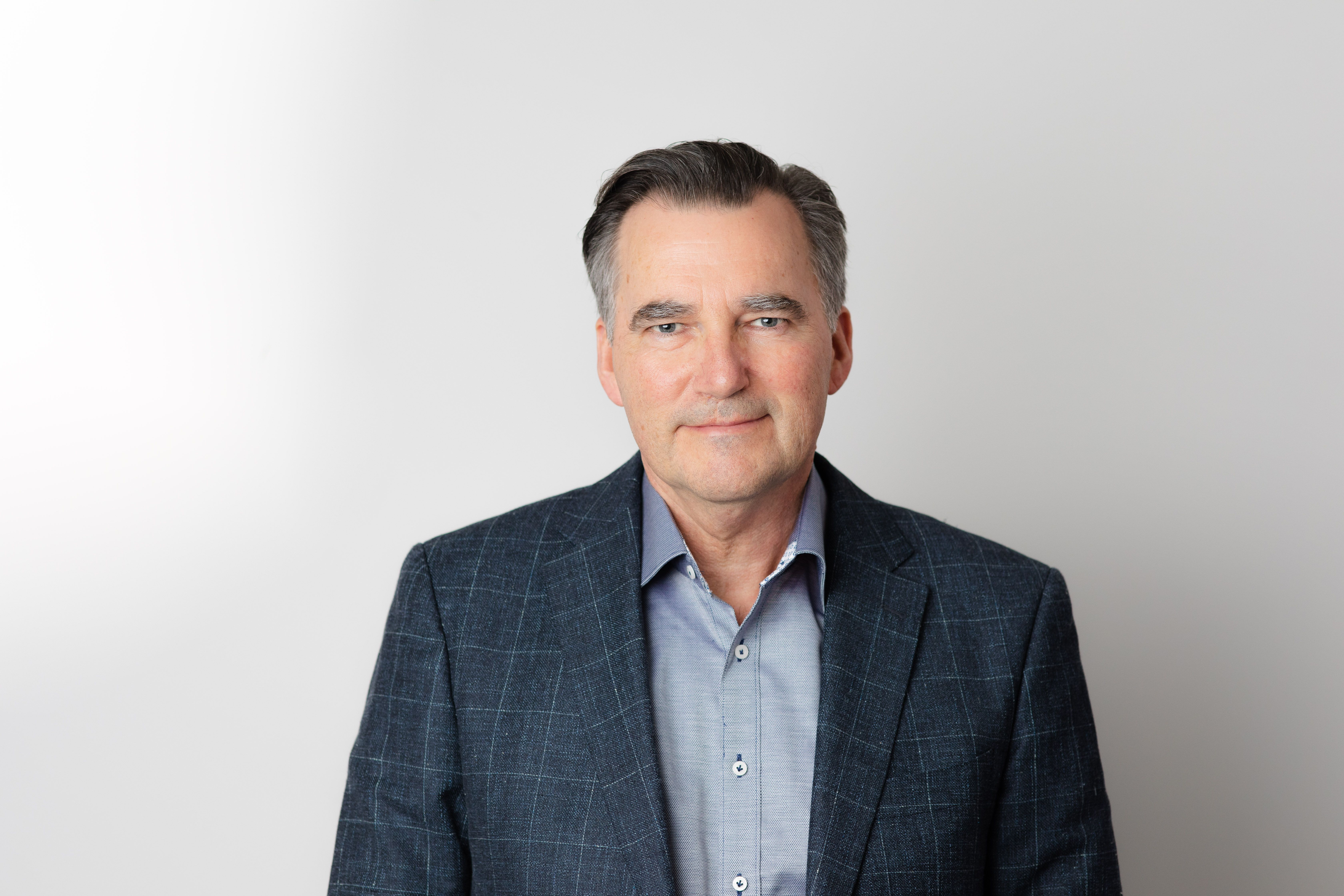
Richard Wagstaff
President
NZ Council of Trade Unions (NZCTU)
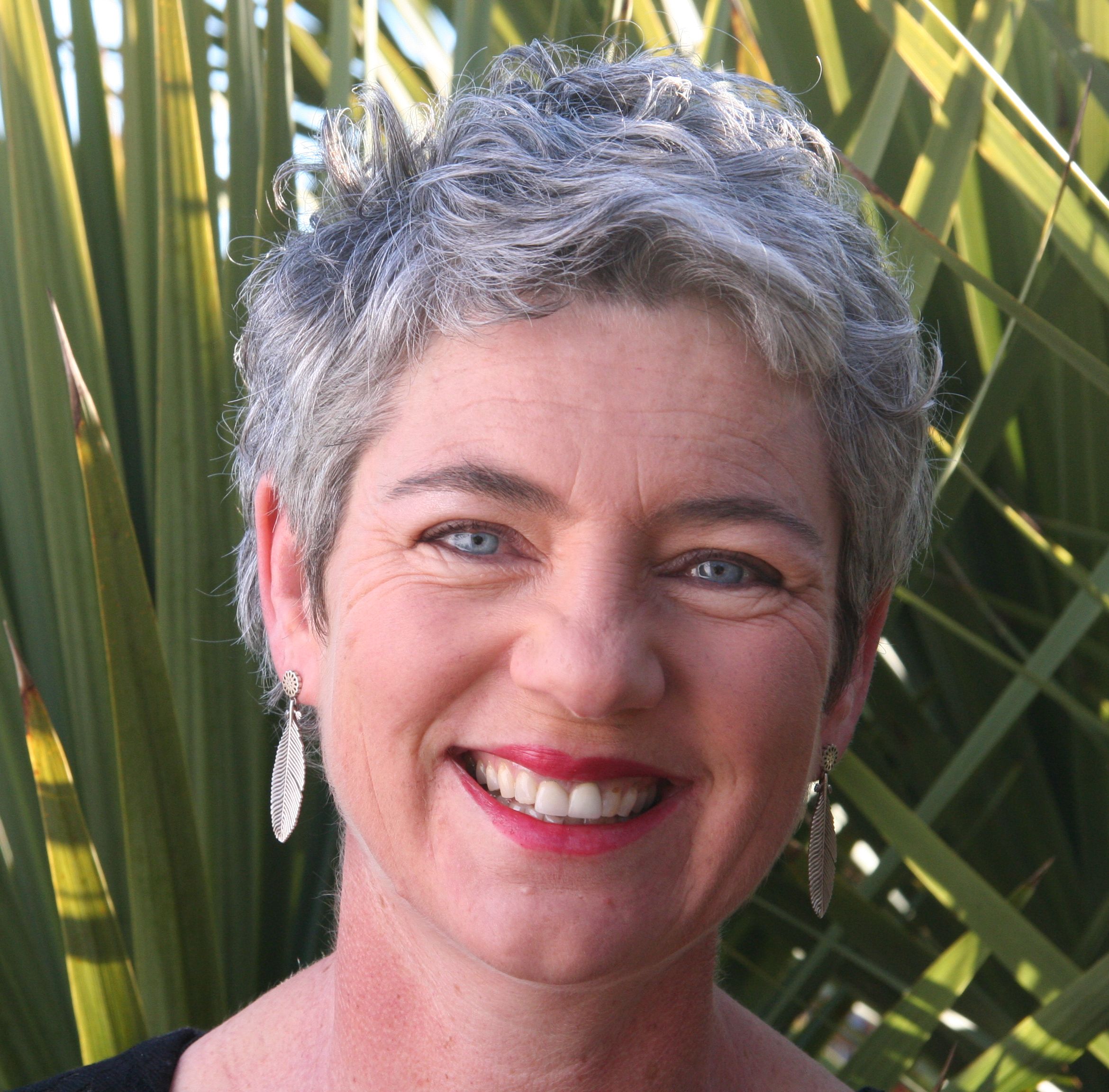
Sue Coutts
Zero Waste Advocacy
Zero Waste Network Aotearoa
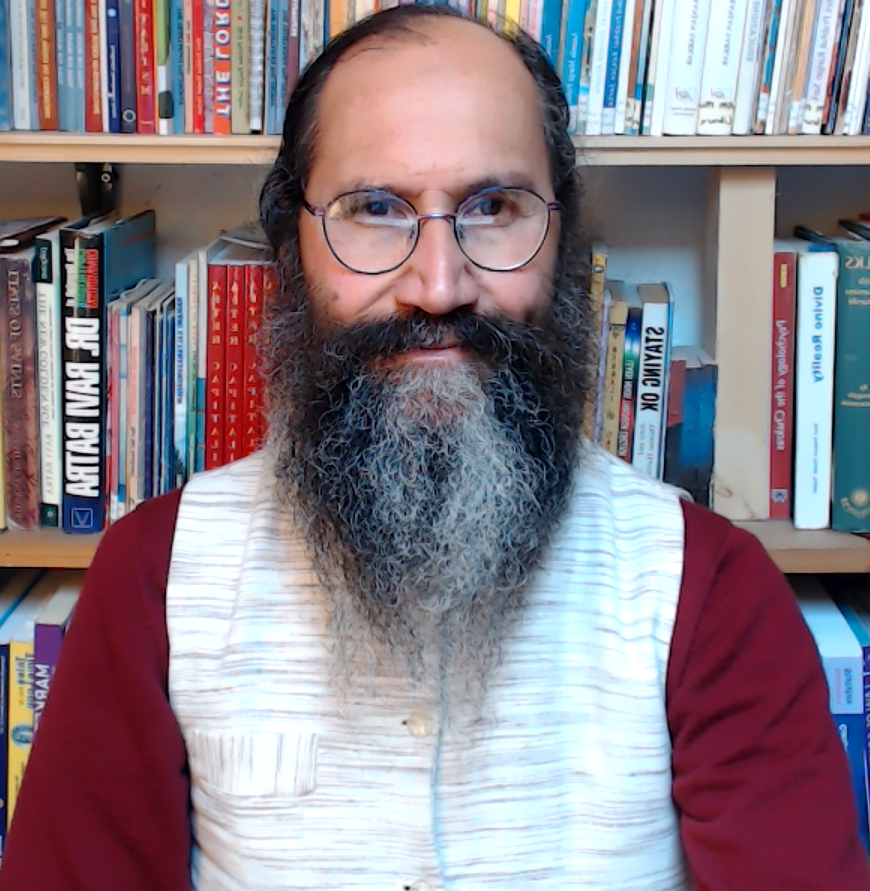
Dada Ravi
Yoga, Meditation, Eastern Mysticism and Social Activism
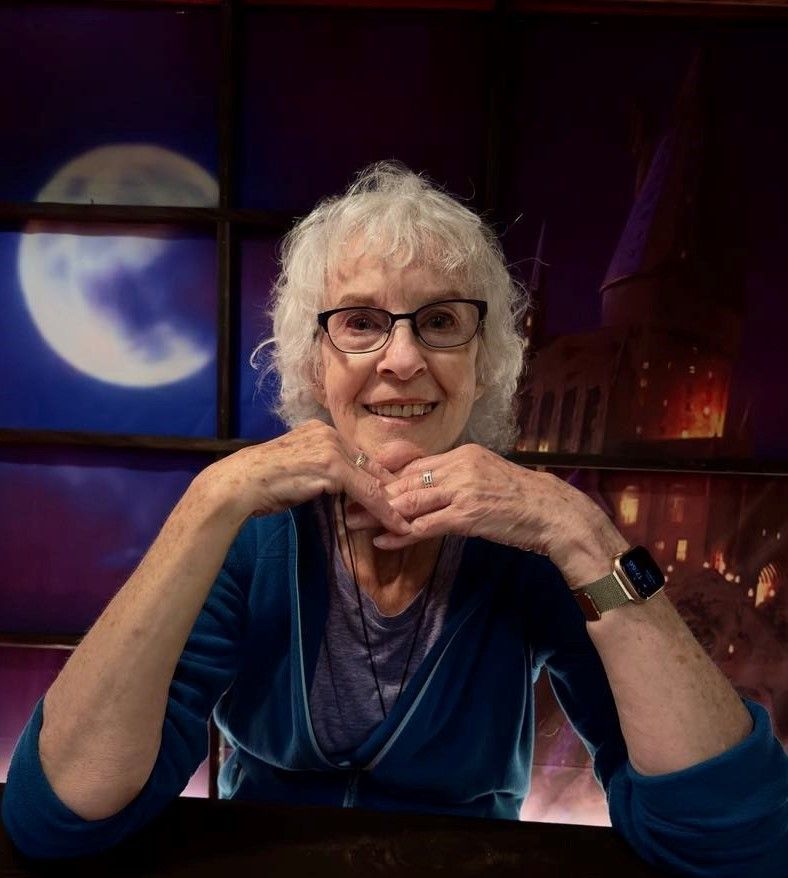
Dr. Makere Stewart-Harawira
Professor in Indigenous, Environmental, and Global Studies
University of Alberta
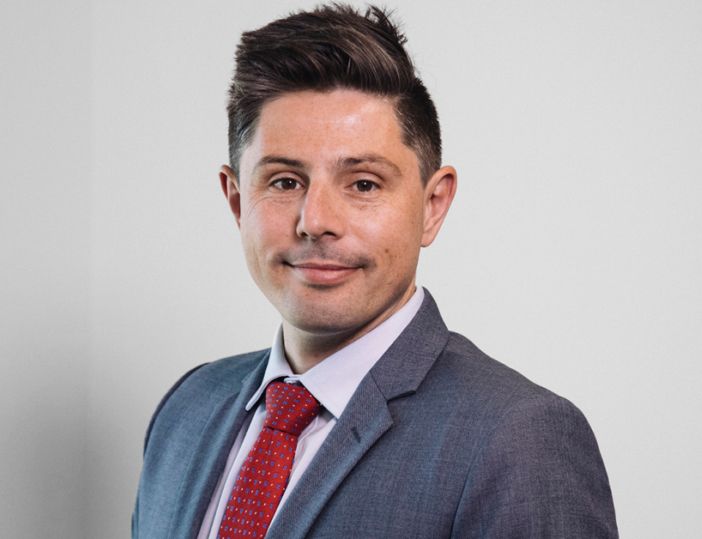
Gareth Hughes
Director
Wellbeing Economy Alliance NZ
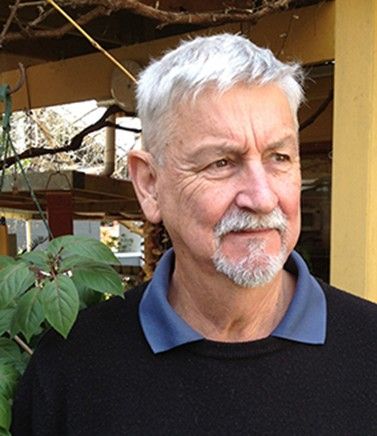
Gerry Gillespie
Author and Founding Member
Zero Waste International Alliance
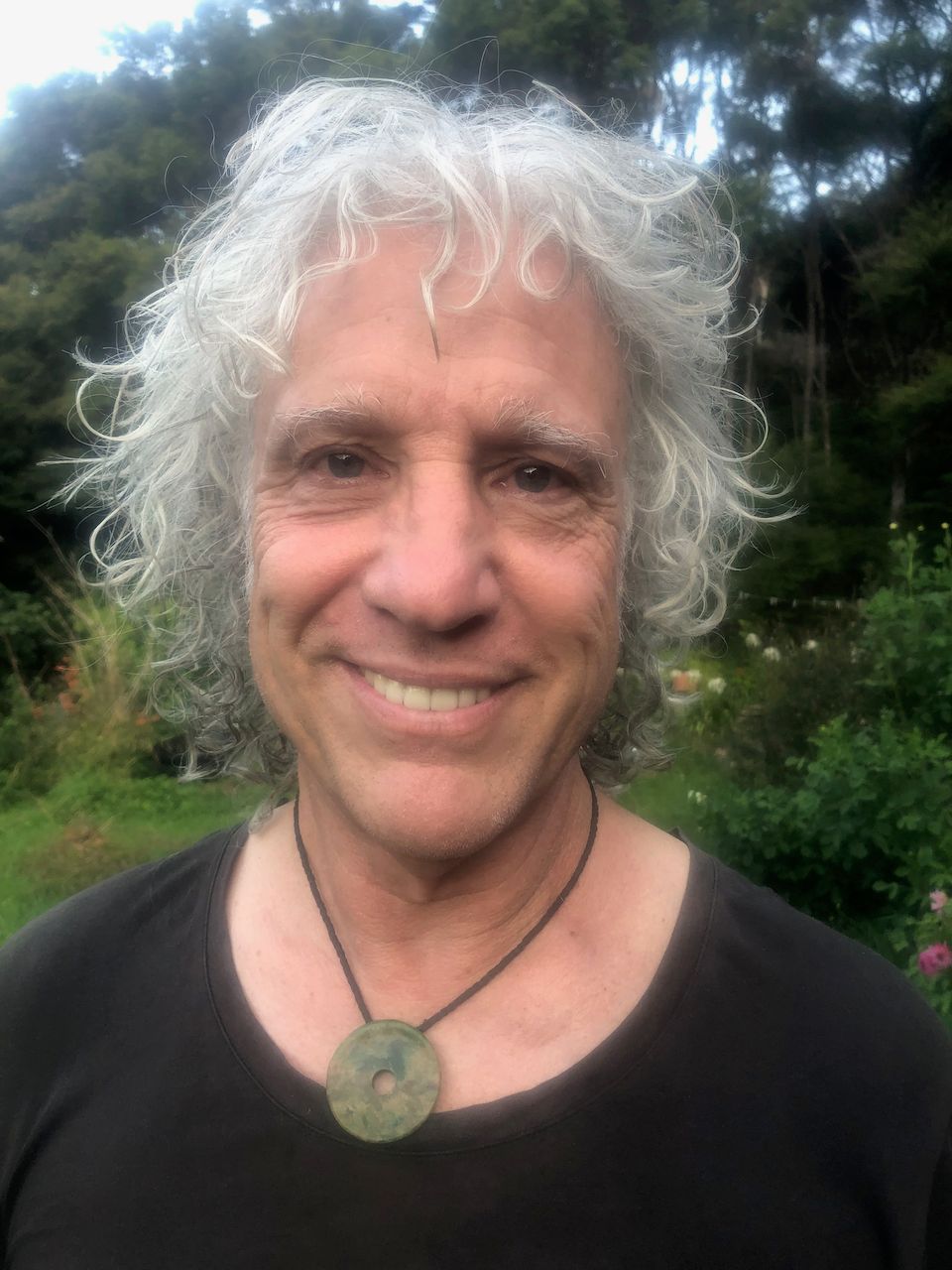
John Black
Worker / Owner
Tui Balms Cooperative Golden Bay
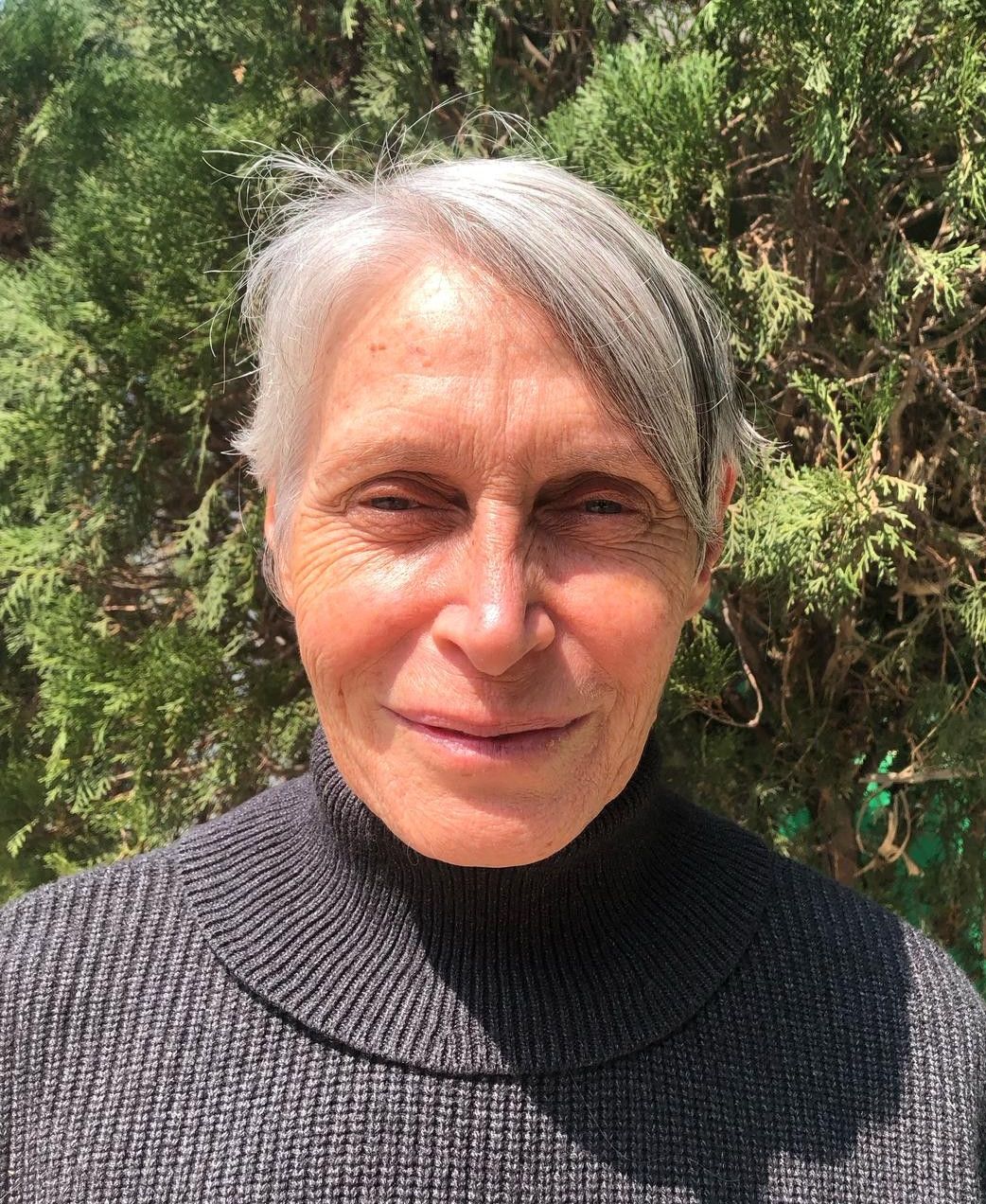
Nicola Tareha
Meditation, Disaster Relief and Social Activism
WealthCap.org
Conference Themes
Explore the key themes that will guide discussions and presentations throughout this conference.
Why Consideration of a Post Capitalist Environment is Urgent
Dwelling on the Impossibility of a Mixed Welfare-Capitalist Economy
How to Transition to Post Capitalist Society
PROUT’s Social Cycle Methodology
Circular Economy and Zero Waste
Coops and Trade Unions
Wealth Cap Movement
Venue Information
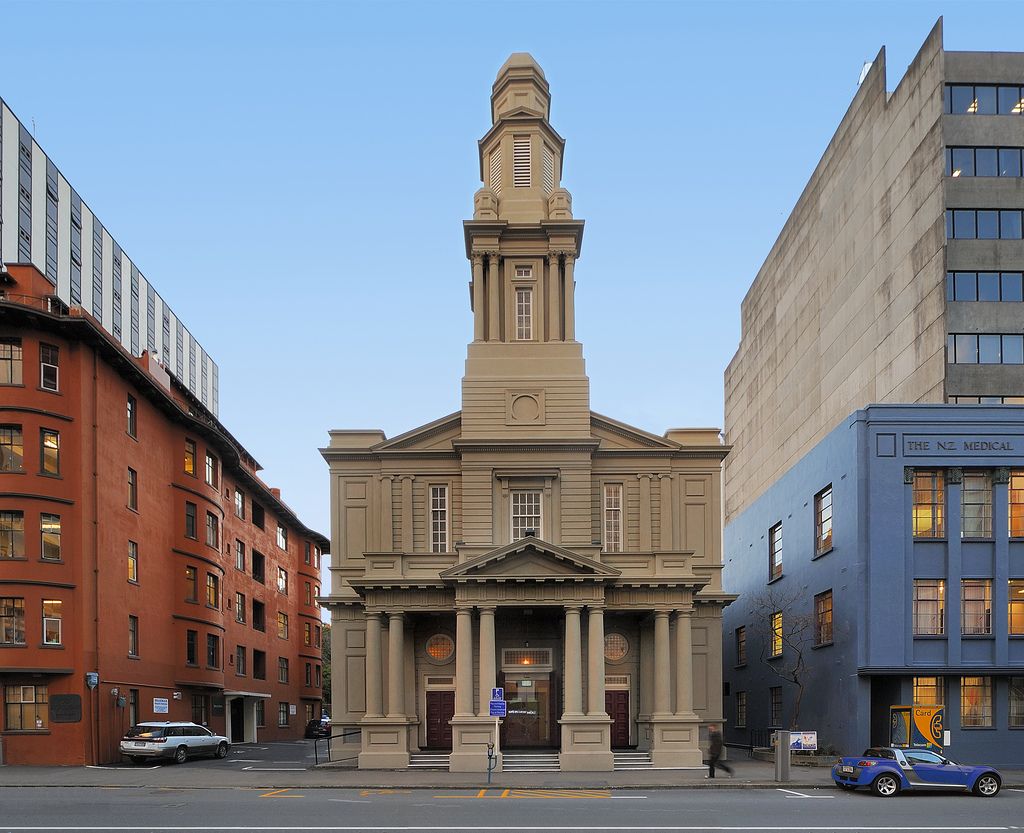
Conference Links
The Secret History of Neoliberalism (with George Monbiot)
The Chris Hedges Report
Proutist Universal
For information about the Progressive Utilisation Theory (PROUT): https://prout.info/
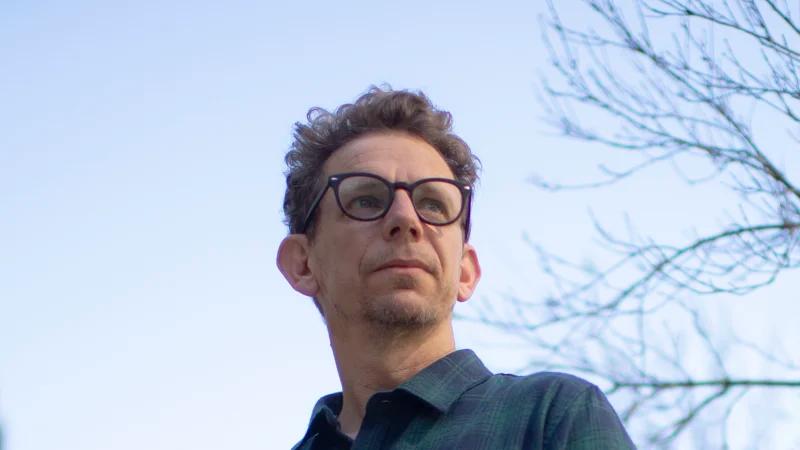
Exposé of the Atlas world-wide network of right wing thinktanks courtesy of Dr Jeremy Walker, University of Technology, Sydney.
Exposé of the Atlas world-wide network of right wing thinktanks
Download Resource
Dame Anne Salmond
Dame Anne Salmond on how radical libertarian ideologies are generating extreme inequality and tearing the social fabric of NZ.
Visit Page
Grace Blakeley
Grace Blakeley, the acclaimed British political economist and author in interview with Bryan Bruce
